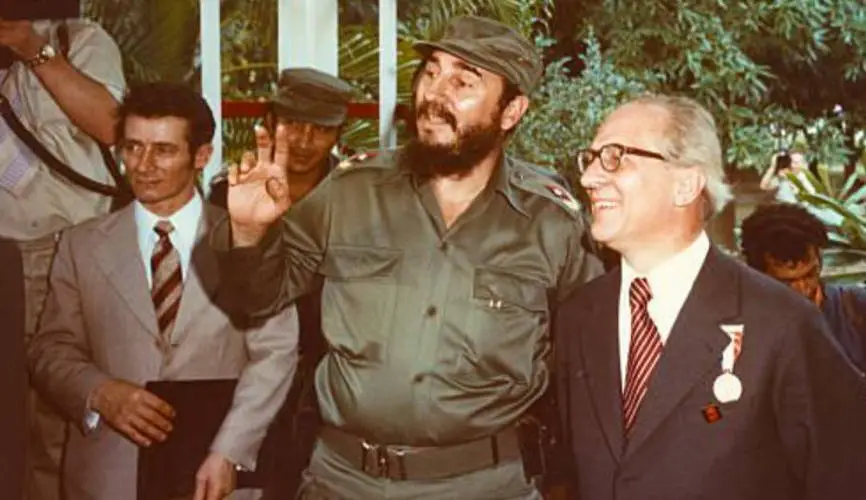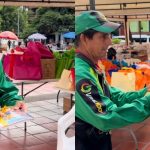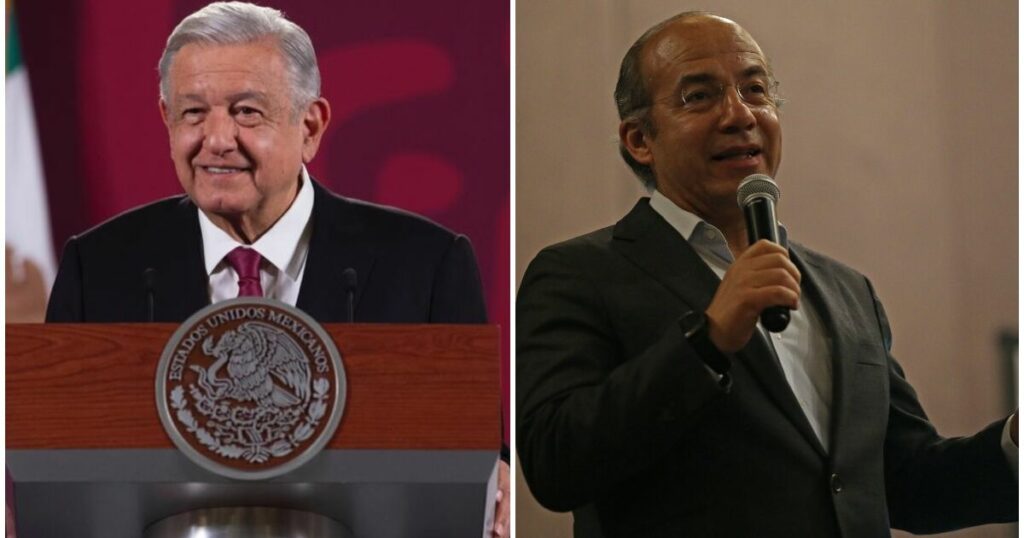Havana Cuba. — In May 1980, the East German head of state, Erich Honecker, traveled to Cuba at the invitation of the dictator Fidel Castro, who had a powerful economic, ideological and military ally in the GDR. For decades both nations had maintained close cooperation, which Castro described as “stimulating and satisfactory”, especially since his partner assumed most of the investment.
Between 1949 and until the fall of the Berlin Wall, Cuba and the GDR maintained strong political and economic ties. They exchanged labor, technical training, sale and installation of industrial equipment, espionage techniques, and repression mechanisms.
The German secret police (Stasi) installed an electronic listening system so that members of the General Intelligence Directorate (DGI) could listen to conversations by the US military at the Guantánamo Naval Base. Likewise, numerous DGI officers were trained by the Stasi in East Germany with the aim of perfecting the repression in Cuba. There was even a doctorate at the Postdam Law School focused on methods and strategies to weaken internal opposition. According to Cuban historian Jorge García Velázquez, several State Security agents were prepared there.
The Cuban military was responsible for the security of the German delegations in Africa, due to their extensive presence on the continent to interfere in the internal affairs of countries such as Libya, Ethiopia or Angola, where they supported leftist movements.
Erich Honecker traveled to Cuba in 1980 to inaugurate the “Karl Marx” cement factory. Fidel Castro received him exultantly, acknowledging that all the resources had been provided by the GDR and assured that bilateral relations were going from strength to strength.
Undoubtedly, much was expected by the “top leader” of the German statesman to whom eight years before, on June 19, 1972, he legally presented the small and beautiful island of Cayo Blanco, located in the Bay of Pigs. The commander disposed of the integrity of the Cuban archipelago as if it were his own fiefdom. Nobody questioned that “personal gift” to a foreigner, in exchange for which Fidel Castro obtained a contract that guaranteed the purchase, by the GDR, of 6% of the refined sugar destined for export.
















